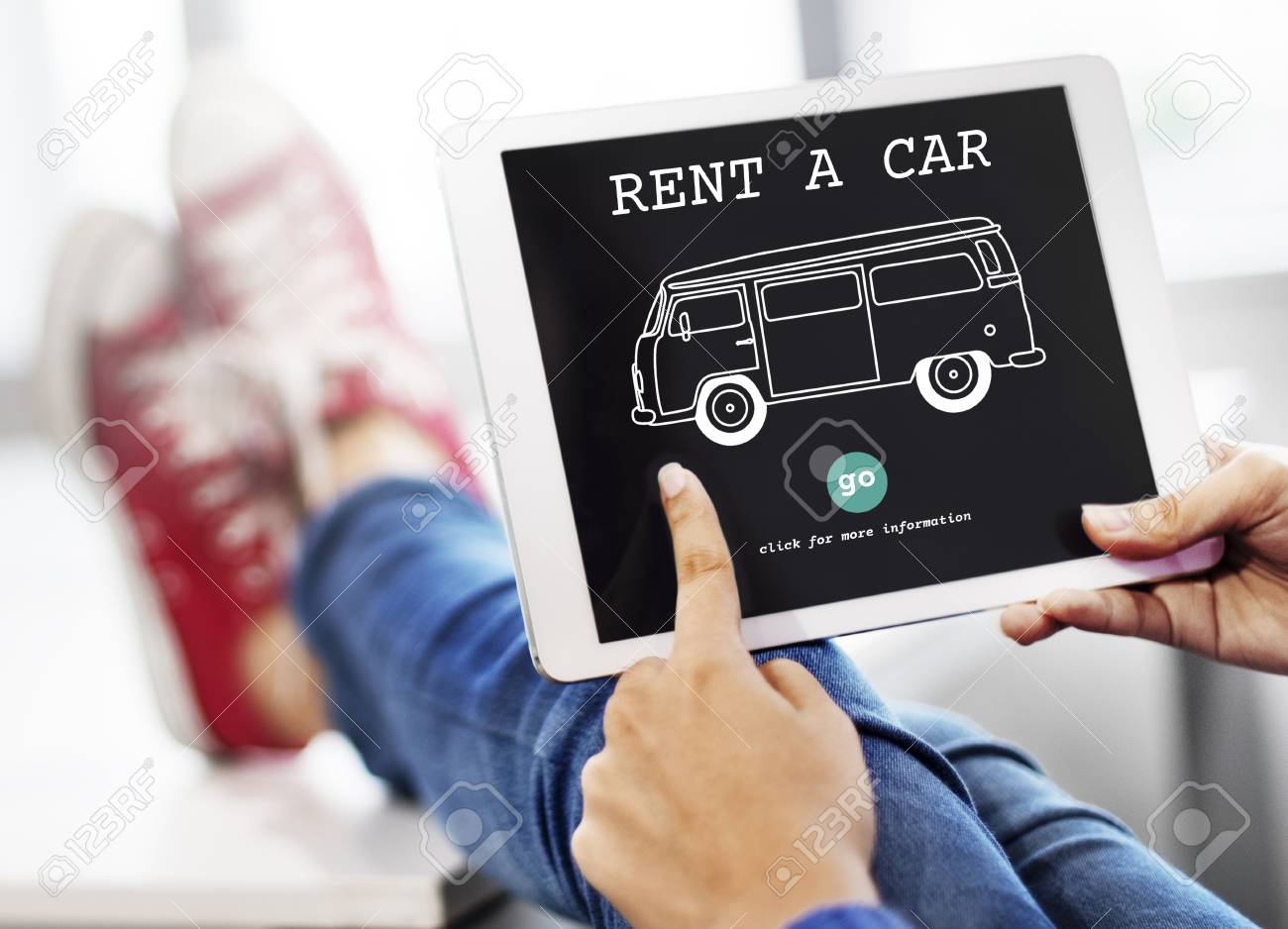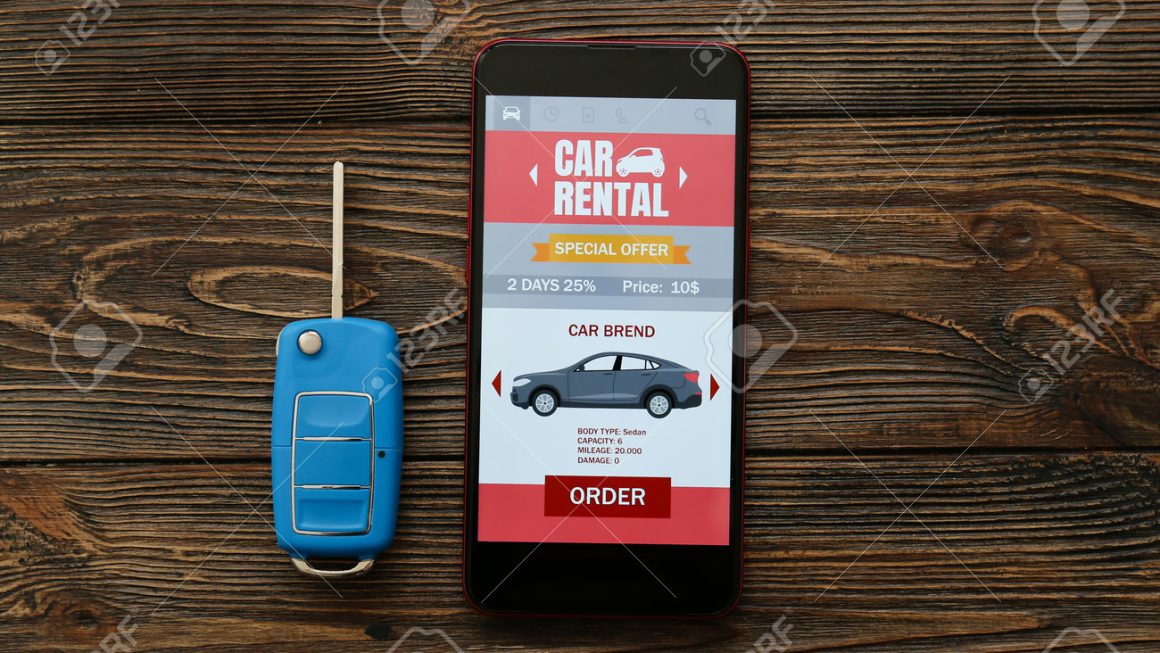Renting a car can be a great way to get around when travelling, but it’s important to ask the right questions before signing any agreements. Taking the time to ask the right questions upfront can help you avoid any potential problems or extra costs down the road. In this article, we’ll look at some essential questions to ask before renting a car.
The Benefits of Renting a Car
Renting a car can be a great way to add convenience and flexibility to your travel plans. Whether you’re taking a weekend getaway or planning a longer trip, car rentals can offer a number of advantages. Here are some of the biggest benefits of opting for a rental car over other forms of transportation.
Convenience: One of the primary advantages of renting a car is convenience. With a rental car, you don’t need to wait for public transportation or coordinate a ride-share service. You can simply jump in your car and go. You also have the flexibility to change your plans on the fly, without having to worry about catching the last train or bus.
Cost Savings: Depending on the length of your trip, renting a car can be more cost effective than other forms of transportation. If you’re traveling with a group, the cost savings can be even greater, as you can split the cost of the rental car and the gas.
Privacy: Another great benefit of renting a car is that you get your own private space. You won’t have to worry about other passengers or overcrowding. You can also customize the car to your own needs, such as playing your own music or bringing along extra items.
Freedom: A rental car gives you the freedom to explore a new place without worrying about transportation costs or schedules. You can take the scenic route, stop to explore a new place, or simply drive around and enjoy the sights.
Renting a car can be a great way to make your next trip more convenient and cost-effective. From the added convenience and freedom to the privacy and cost savings, there are many benefits to renting a car.
Essential Questions to Ask Before Renting a Car
Renting a car can be a tricky business, and if you’re not careful, you could end up with a car that doesn’t meet your needs or an expensive bill. To help make sure that you’re getting the best car rental deal possible, here are some essential questions to ask before you sign on the dotted line.
1. What type of vehicle is available? Make sure that you know what type of car you’re renting and that it meets your needs. Is it the right size for your group? Does it have the features you need?
2. Is there an additional fee for certain features? Some car rental companies will charge extra for features such as GPS or child seats. Find out if there are any fees for the features you’ll need.
3. Is there a mileage limit? Many car rental companies will have a maximum number of miles you can drive in a given day or week. Make sure you understand the terms of the rental before signing on the dotted line.
4. What’s included in the rental fee? Make sure you understand what’s included in the rental fee. Does it include insurance or do you need to purchase additional coverage?
5. Are there any additional fees or taxes? Make sure you understand all the fees and taxes associated with the rental so you don’t end up with an unexpected bill.
By asking these essential questions before renting a car, you can make sure that you’re getting the best deal and the right car for your needs.
a. What Type of Vehicle Do You Need?
Are you in need of a vehicle for a short-term trip or extended vacation? If so, car rentals may be the perfect solution for you! Car rentals offer a variety of benefits, including the ability to choose the type of vehicle that best suits your needs, affordability, and convenience. Whether you need a sedan for business travel, an SUV for a family vacation, or a luxury vehicle for a special occasion, car rentals provide the perfect option for all of your transportation needs. With a variety of models, prices, and rental locations available, finding the right car rental for you is easy. So, don’t hesitate to take advantage of car rentals and get the perfect vehicle for your needs!
b. What Are the Additional Fees?
When planning a trip, car rentals are often a great way to get around. However, there are some additional fees that you should be aware of when renting a car.
One of the most common fees is an insurance fee. This fee is usually mandatory, as it covers any damage to the rental car during your rental period. It is usually calculated as a percentage of the rental cost.
Another fee is the gasoline fee. This fee covers the cost of refueling the car. Depending on the rental company, this fee may be included in the rental cost or it may be an additional fee.
Some rental companies may also charge an additional fee for airport rentals. This fee is usually a flat rate and is used to cover the cost of picking up and dropping off the rental car.
Finally, some rental companies may charge a late return fee if you return the car late. This fee is used to cover any inconvenience or additional costs incurred by the rental company due to your late return.
Overall, be sure to check the additional fees when renting a car as they can add up quickly. Be sure to ask the rental company about any additional fees so that you can plan ahead and budget accordingly.
c. What Insurance Coverage Is Available?
When you rent a car, it’s important to make sure you have the right insurance coverage. Car rental insurance coverage can help protect you from financial loss in the event of an accident, theft, or other damages to the rental vehicle. Depending on the insurance coverage you select, you may be able to have peace of mind knowing you are covered in the event of a claim.
Most car rental companies offer various types of insurance coverage, such as collision, liability, and personal accident insurance. These policies can help protect you from out-of-pocket expenses if you’re in an accident or if the car is stolen. Additionally, some policies may also cover medical expenses if you or your passengers are injured.
It’s important to understand the different types of car rental insurance coverage available and the associated costs. Be sure to ask your rental car company for more information and review your policy carefully before signing. By understanding the available coverage options, you can make an informed decision that best fits your needs.
d. What Is the Fuel Policy?
When renting a car, one of the most important aspects to consider is the fuel policy. The fuel policy defines how you are expected to return the car and whether you will be charged for any fuel that is left in the tank when you return it. Car rental companies generally offer three types of fuel policies: full-to-full, prepay and empty-to-empty.
Full-to-full fuel policy requires you to return the car with a full tank of fuel. The rental company will either charge you for a full tank of fuel upfront or you will need to fill the tank before returning it. This is the most common type of fuel policy and can be an economical choice if you are able to fill the tank before returning the car.
Prepay fuel policy requires you to pay for a full tank of fuel upfront. You will return the car with whatever fuel is left in it when the rental period ends. This policy can be convenient if you are not able to fill the tank before returning it.
Empty-to-empty fuel policy requires you to return the car empty. You will not be charged for any fuel left in the tank and you will not be reimbursed for any fuel you put in the tank. This is the least economical option as you will not be able to use any of the fuel you paid for.
It is important to understand the fuel policy of the rental company before booking your car to avoid any unexpected charges. By knowing the fuel policy, you can make an informed decision on which policy is the most economical and convenient for you.
e. What Is the Cancellation Policy?
When renting a car, it is important to understand the cancellation policy of the rental company. Car rental companies typically have policies in place to protect their customers and their business interests. It is important to read the terms of the cancellation policy carefully before booking a rental car, as a failure to do so may result in additional fees or charges. Generally, the cancellation policy of a car rental company will include information such as when a cancellation can be made, any fees associated with the cancellation, and how the refund will be given. It is also important to note that some rental companies may have special terms or restrictions for certain types of rentals, such as long-term rentals, so it is important to read the terms of the rental agreement carefully before signing.
Tips for Making the Most of Your Car Rental

Renting a car can be a great way to get around and explore a new destination. But if you’re not familiar with the process, it can be a bit overwhelming. Here are some tips for making the most of your car rental experience:
1. Do your research: Before you book a rental car, make sure to compare rates and look for special offers. You may be able to save money by booking online or combining a rental with other services.
2. Bring the necessary documents: Make sure to bring your driver’s license, passport or other form of identification, as well as your credit card. You may also need to provide proof of insurance.
3. Read the fine print: Be sure to read the terms and conditions of your rental agreement so you know what you’re signing up for. This will help you avoid any unexpected fees or charges.
4. Inspect the car: Before you drive off, take a few minutes to inspect the car for any damage and make sure it’s in good working order.
5. Fill up the tank: Before you return the car, make sure to fill up the tank. Most rental companies will charge you a premium if you don’t return the car with a full tank.
Following these tips can help ensure that you have a smooth and stress-free car rental experience. Enjoy your trip!
In conclusion, it is essential to ask the right questions before renting a car. By taking the time to ask questions and do research, you can save yourself from a lot of potential issues and find the right rental car for your needs. Be sure to ask about the rental company’s policies, extra fees, insurance coverage, and any other concerns you might have. It is also important to review the terms and conditions of the rental agreement before signing. By doing your due diligence, you can ensure that you have the best possible experience when renting a car.













